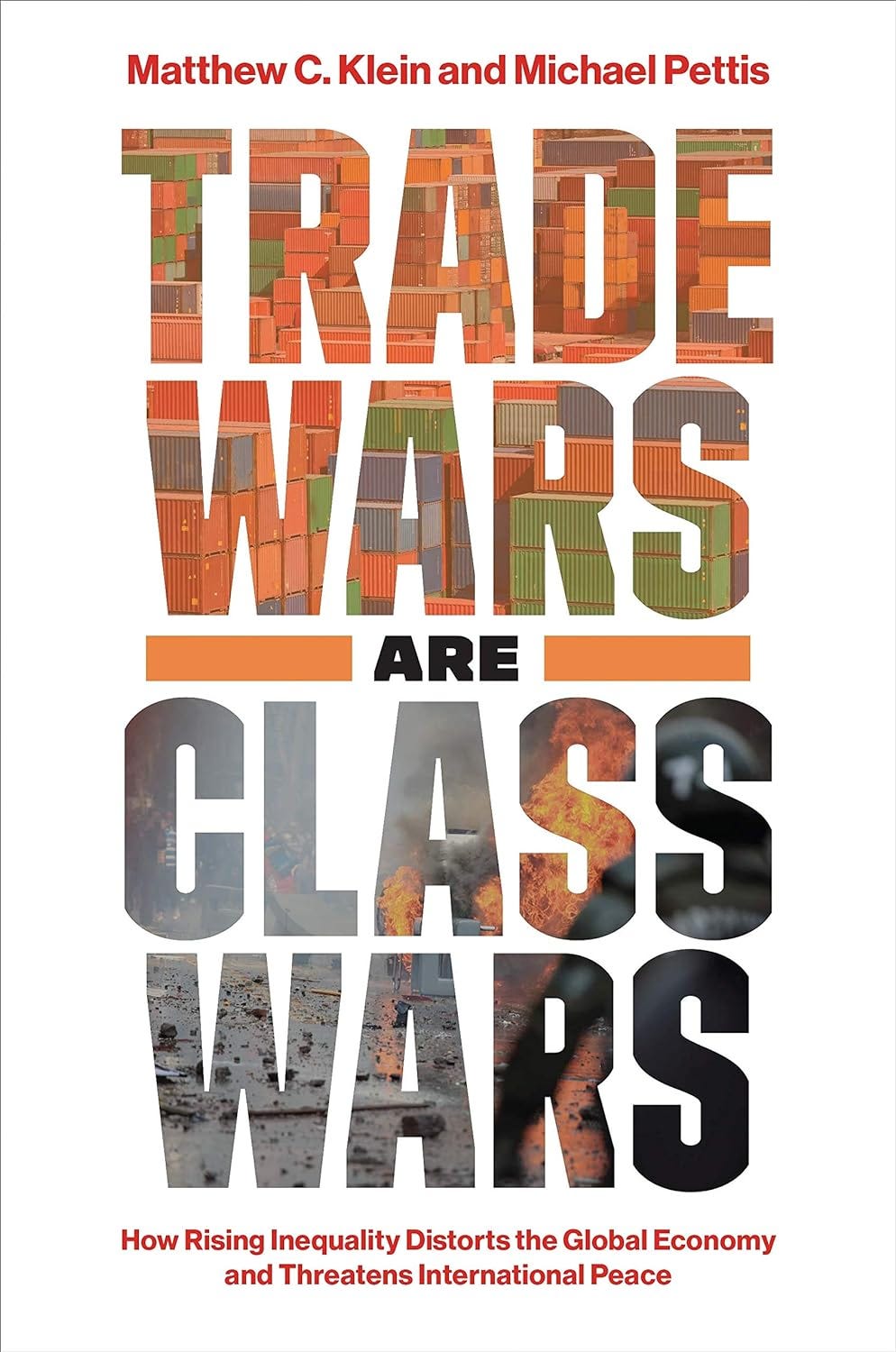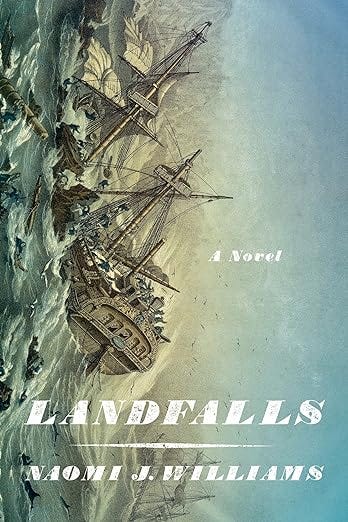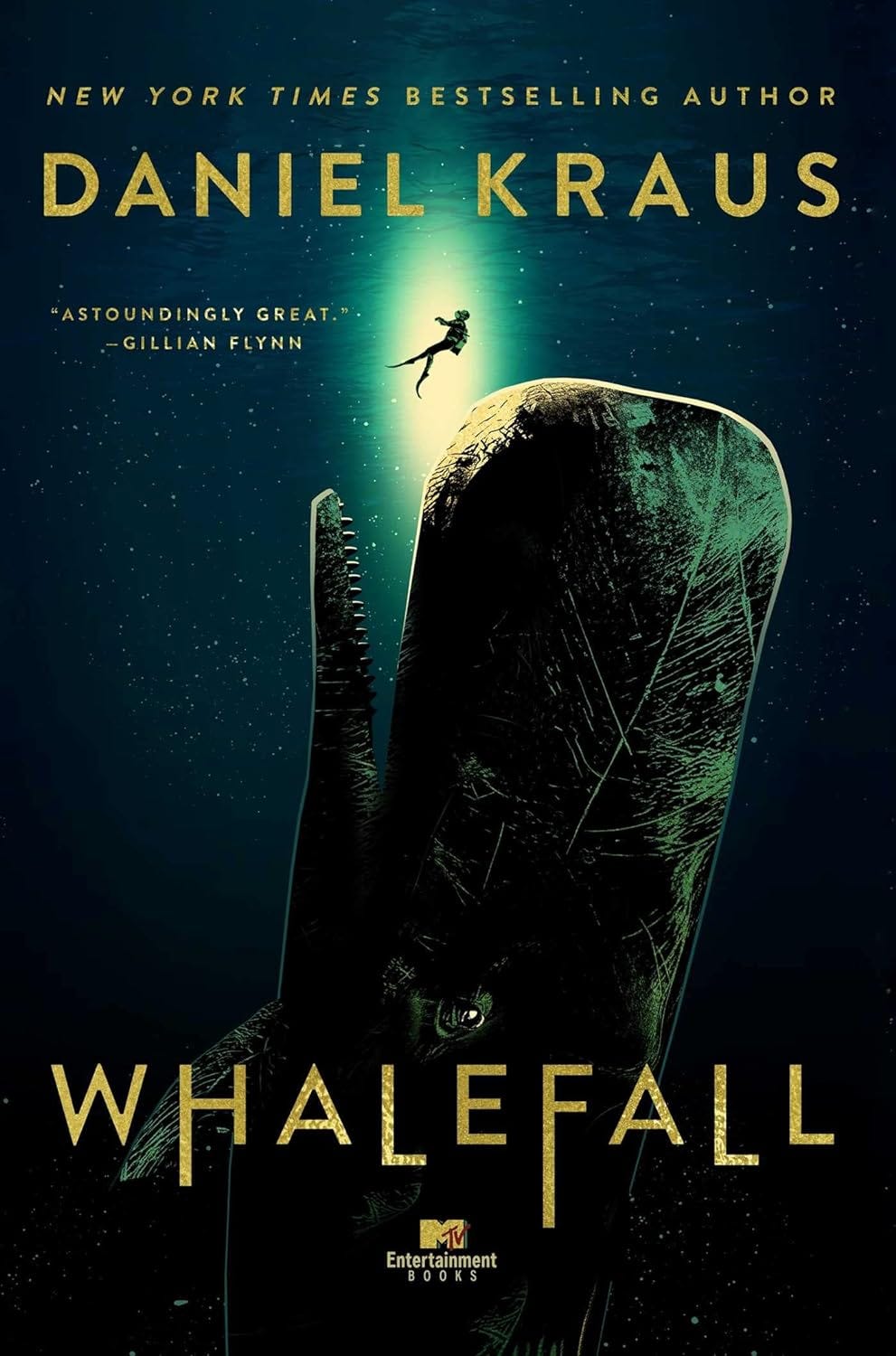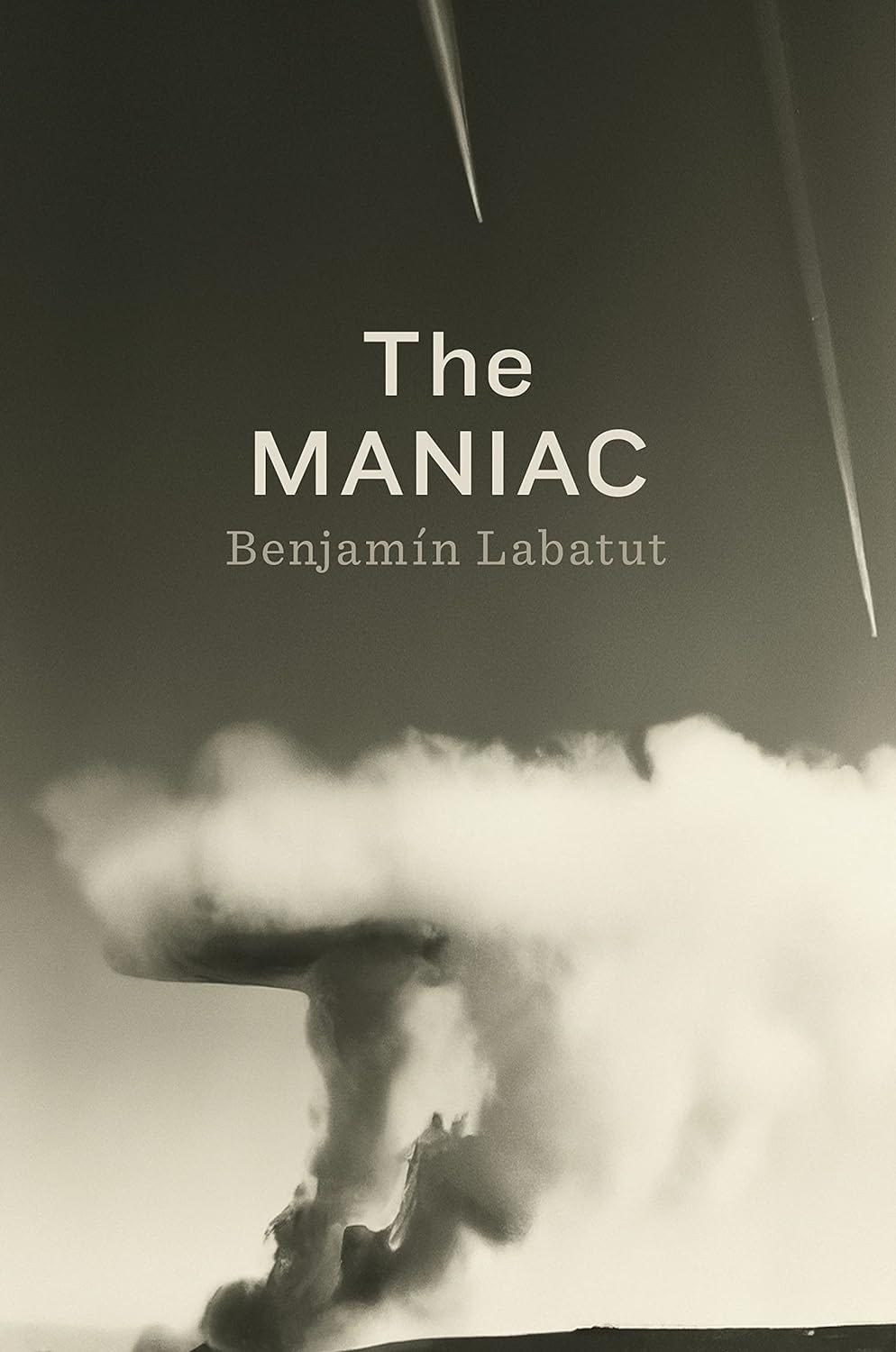2023 Reading List
I love reading lists at the end of the year. I’ve kept track of all my books that I’ve bought and read (OK, mostly read) this year. For no one in particular (and probably no one but me), here is my breakdown of the year.
The Best
Christendom - Peter Heather
Boyd - Robert Coram
Trade Wars are Class Wars - Klein and Petis
Red Memory - Tania Branigan
Central Banking 101 - Joseph Wang
My favorite books of the year include history, economics/finance and whatever Boyd is.
Peter Heather is probably my favorite history writer. Other books I’ve read before him are Rome Resurgent and The Goths. Christendom, true to the title, is an in-depth history of Christianity from its adoption by Constantine and the Roman Empire well into the Middle Ages. There is a lot to learn in this book. It is not a theology book - it is history of the development of the Christian Church, and how it expanded over all of Europe.
John Boyd was an Air Force pilot of considerable reputation, but he made a much greater mark on military science after he left the cockpit for good. After leaving flying Boyd was very influential in steering the Air Force towards the F-16 development, the, he went bigger and addressed military science in general. Today Boyd is far most influential with the Army, and especially the Marine Corp - discussed in the same breath as Sun-Tzu or Clausewitz. I’ll take a crack at summarizing Boyd - at least the parts that are relevant to me. War is complicated and unpredictable. The ways to win can’t be reduced to simple rules that all should follow or checklists. Instead, wars are one who can assess the situation, make decisions, and adapt and find ways to stop your enemy from doing the same. I am very interested in Boyd because I think his teachings are relevant outside of war to other areas that are complex and unpredictable.
Small aside. The book does a good job covering both Boyd’s teachings as well as his life. While he made deep contributions to American military practice, his neglect of his family in this pursuit borders on criminal, the book does a noble job of not looking past this.
Don’t take the title too seriously. This is not some highly ideological “leftist” work. The thesis of the book is that trade imbalances are caused by the inability wage inequality within countries - alright that still sounds lefty. Read the book it’s not a screed, it’s a very well agued point that trade imbalances, particularly China’s is caused by wage supression - by a Communist party ironically. The result is that China’s consumers cannot afford all the goods that it’s factories produce. So instead ,those goods are purchased by the rest of the world - creating other problems.
The tragedies of Europe in the mid-twentieth century deservedly get a lot of study and attention. Not nearly as much attention is given to the horrible tragedies that the Chinese endured in the third quarter of the 20th. Just one of the tragedies was the Cultural Revolution. Red Memory deals with how Chinese people today who were part of it cope with their scars today either from being the victims, or the perpetrators. All of them suffer quietly though as the Communist Part still actively suppresses open discussion of thi
Central Banking 101 describes the mechanics of how the US Fed, and the banking system at large control the money supply in the country. I don’t think many people at all have a very good understanding of what exactly money is in our economy and how it is loosely controlled. This book helped me a lot. Bonus, it’s written by a Northwestern alum.
Fiction
Act Of Oblivion - Robert Harris
Landfalls - Naomi Williams
Whalefall - Danial Kraus
Maniac - Benjamin Labatut
First off, my list of fiction books read this year is pitiful. I need to do better in 2024. With that said here are my meager four fiction books I read:
A pretty good historical fiction book, based on the true lives of two of the regicides involved in the beheading of Charles I during the English Revolution who basically spent the rest of their lives on the run in early Colonial New England.
A bit better than Act of Oblivion. Landfalls is based on an ill-fated French effort to explore the Pacific Ocean for new lands after the success of the British Cooke expedition. The crew faced tsunamis in Alaskan bays, hostile South Pacific islanders, before mostly perishing off the Australian Coast on their journey home.
Whalefalls was the only pure fiction book I read this year and really enjoyed it. A book about a young man who gets swallowed alive by a whale and his efforts to escape before he is eaten alive by stomach acid or runs out of oxygen. But - really the book is about the man coming to terms with his broken relationship with his father. The whale that has swallowed him becomes indistinguishable from his father. If this sounds a little weird, it is. It was humorous trying to give a play by play of this book to my wife and kids. But, it worked.
Whalefall was a close second this year in fiction to The MANIAC. The book is about the life and accomplishments of John Von Neumann. Von Neumann had already established himself as one of the very best mathematicians of his (or any) day when he was forced to escape Nazi Europe in the 1930’s with so many other eminent Jewish scientists. In America, he made deep marks in many fields including Computer Science, game theory and complexity. The book is historical fiction, but no historical fiction book I have read flirts with writing as if it was an authoritative biography. You have to remind yourself that the author is speculating about conversations - because they seem so real.
Complexity
In a Flight of Starlings - Giorgio Parisi
What is a Complex System - James Ladyman and Karoline Weisner
Embracing Complexity - Jean G. Boulton, Peter M. Allen, et al
From Being to Becoming - Ilya Prigogine
End of Certainty - Ilya Prigogine
Non-Equilibrium Statistical Mechanics - Ilya Prigogine
2023 is my year of Complexity. I’ve become increasingly more interested in this subject and how it may impact my work. Aerospace engineering / Defense companies run large programs as if they can be planned in detail and executed the same way a baker may bake his go-to cake recipe. But aircraft and cakes are not the same. Matrix organizations, shared resources, outsourcing, processes may all act as agents in a complex structure that makes predicting outcomes and timelines. If we understood complexity theory better two actions might improve our results. We might understand how we have tipped into complexity and how to get out of it to make our work more predictable. Or, more likely, we might learn how to work with complexity, like nature, rather than against it to improve our results.
Hardcore Math and Physics
I can’t claim to have read all of these cover-to-cover, but I read a lot of them.
Naive Set Theory
Set Theory seems fundamental to Mathematics, so I tried to get smarter.
Nonlinear Dynamics and Chaos - Steven Strogatz.
Great, readable book. Highly recommend.
Special Relativity and Classical Field Theory - The Theoretical Minimum - Leonard Susskind
The Theoretical Minimum Series from Susskind is great.
General Relativity: The Theoretical Minimum - Leonard Susskind.
If you don’t know tensors, you will.
Quantum Field Theory, As Simply As Possible.
Still not simple at all. Tough subject.
History
I love history, two made my Best list above (Christendom, Red Memory). Others I read this year were:
The Secret of Apollo - Stephen B. Johnson
See blogpost
The Scythians - Barry Cunliffe
Before the Huns and the Mongols, there was the Scythians.
Postwar - Tony Judt
Deep, detailed history of Postwar Europe. A haul, but you learn a lot.
American Inheritance - Edward Larson
Deserves consideration for “The Best” list. History of American Slavery during the Revolution. We’ve made some progress. As a kid, I was taught that Washington, was “good” to his slaves. This book does a good job of putting that bullshit to rest.
Journey to the Edge of Reason
Biography of Kurt Goedel. Made maybe the biggest contributions to logic since the Greeks. Suffered from mental illness -essentially starved himself to death for fear of poisoning. Imagine trying to give therapy to someone who is depressed, paranoid, and also the greatest logician of the last two thousand years - that’s not going to go well.
Others
Crisis of Democratic Capitalism - Martin Wolf
Really good book. Honorable mention for “The Best”
Good For a Girl - Laren Fleshman
Autobiography of distance runner Laura Fleshman.
Let Your Mind Run - Deena Kastor
Autobiography of distance runner Deene Kastor
The Difference - Scott Page
Meh, could have just been a paper.
Phoenix Economy - Felix Salmon
What Salmon thinks are the new characteristics of today’s economy - Like Felix Salmon’s Podcast work, didn’t love the book.
Stop Overthinking
I don’t remember anything about this book.










